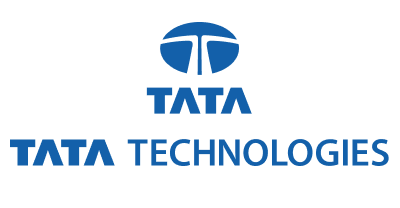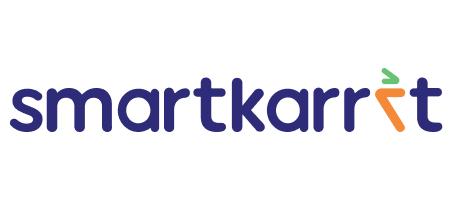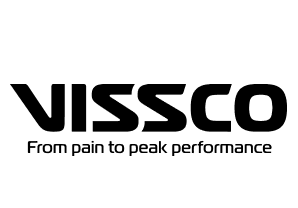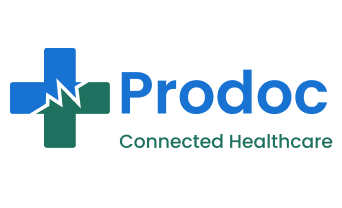We build end-to-end Digital solutions for start-ups, mid-size businesses to enterprise-level clients with Robust & Integrated Solutions. Our team is filled with people having more than 10 years of experience in the Market and experts in the respective fields. We design and develop products, provide solutions and help in scaling businesses on digital platforms with multi-faceted Marketing Strategies.
End-to-End solutions for start-ups & SMEs.
Our team of experienced Designers, Product Developers, Project Coordinators, Sales & Marketing Experts can help you with integrated digital Solutions to achieve business goals and make data-driven decisions.
Diginnovators at a glance
We are a 100% distributed company building end-to-end digital solutions to scale business. We believe in superior solutions, exceptional talent & awesome service.

Established in
Digital products shipped
Industries
View our services
 Team of Experts
Team of Experts
We’re hiring
Businesses across industries and around the world have built better customer relationships


Get in touch
Lets build and scale your digital products. We are always open to discuss new projects, creative ideas or opportunities to be part of your vision.
Core values that connect us
Our beliefs, culture and goals might be different but we have a strong bond of working together like afamily to make dreams a reality for us as well as for our clients.
Superior solutions
Best Solutions comes from the Best team.
Exceptional talent
We are proud to have some of the great minds and motivated people who makes things possible with smart skills and knowledge
Awesome service
With User-focused approach our expert team with smart solutions bring out the most awesome results .
Meet our team of “Innovators”
Our user-focused approach keeps us on toes at all times. You know the business problems, we help you just get a little closer to the solution. Together we envision the future, and incubate offerings that will capture new markets.

Dinesh Jain
CEO & Founder
Neelam Jain
Financial Operations Head

Gaurav Golecha (GG)
Project Manager
Rajilesh Panoli
Project Team Lead
Prachi Suryawanshi
UI / UX Designer
Aaditya Das
Senior Mobile Engineer
Minisha S
HR Manager

Yadnesh Tiwari
Project Coordinator
Bhupesh Giri
Senior QA Engineer

Vinayak Baleghate
Senior Web Engineer

Ashwin Dave
Senior Web Engineer

Vignesh
Web Engineer

Tejas Chavan
Junior Web Engineer

Mayuri Shelke
Junior Web Engineer

Sahil Sute
Software Test Engineer

Saurabh Pote
Junior Web Engineer

Prasad Pansare
Junior Web Engineer

Ganesh Kailas Khaire
UI/UX Designer

Alisha Jogale
UI/UX Designer

Akshada Gulave
Digital marketing manager

Mrunmayee Tondulkar
HR Associate

Namrata Indalkar
Digital Marketing Executive

Tushar Gadekar
Flutter intern

Swastik Sanjay Kulkarni
Flutter- Intern

Bhagwatilal Joshi
Flutter Intern

Sameer Garude
React Intern

Shridhar Ghadi
React Intern

Akash Mohite-
DM Intern

Tanvi Tarlekar
Business Development Manager

Yogesh Shinde
WordPress Intern

Sohel Shaikh
Web Engineer Intern

komal k
Web Engineer Intern

Yogita Rathod
QA Intern

Mayuri Salunkhe
QA Intern

Rajashri Gharde
QA Intern

Siddhi Tilekar
UI_UX Design Intern

Mrunali Newarekr
UI_UX Design Intern

Harshal Patil
UI_UX Design Intern

Nikita Kulkarni
Sales Associate

Hrushikesh Kirpekar
DevOps Intern
Work remotely. We’re hiring. Join the team
Culture at Diginnovators
We are a 100% distributed company building end-to-end digital solutions to scale business. We believe in superior solutions, exceptional talent & awesome service.
Remote working
Work from anywhere in any part of the world.
Passion for work
Do what you are really passionate about. Enjoy and create products on the go.
Flexible schedule
Work on your schedule, unless you don’t have scheduled client calls and meetings.
Custom environment
Setup your work desk in any way you are comfortable and feel focused.
Comfy clothes
Put on clothes that you feel like home. Wear whatever and however you want.
More family time
Spend more time with your family , take care of your kids and elders. Improve productivity with hassle-free remote work culture.
Get in touch
Lets build and scale your digital products. We are always open to discuss new projects, creative ideas or opportunities to be part of your vision.




